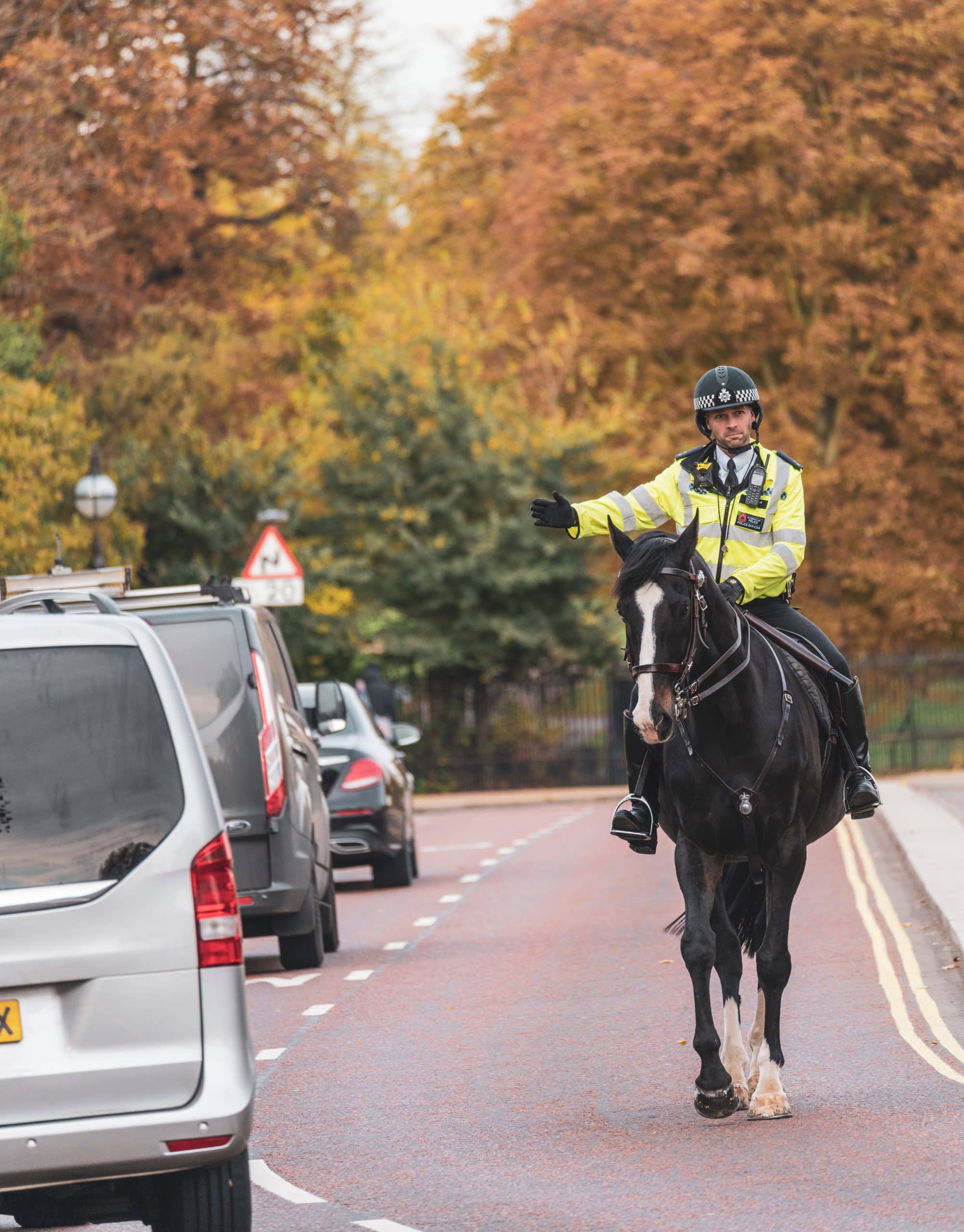A taxpayer has lost his case at the Upper Tribunal (UT) concerning whether appeals to a Notice of Requirement (NoR) can be lodged late. The taxpayer had been a director and shareholder of a company that ran purported marketing business. The taxpayer was a qualified accountant that ran his own accountancy practice as a sole practitioner but only ran the company on behalf of an associate, and he didn’t get paid for the work that he did. Despite being a director of the company the taxpayer held that he didn’t run company but his associate did making all the decisions on who to employee and which clients to target and when to make payments.
The company rarely paid over VAT or PAYE and NICs over to HMRC and eventually HMRC issued NoRs to both the company and the taxpayer requiring a payment of security for the outstanding VAT and PAYE & NICs liabilities. The taxpayer and the company were jointly and severally liable for the funds requested by HMRC. The statutory time limit for appealing NoRs, similar to assessments and closure notices, is 30 days. In this case the taxpayer didn’t appeal the NoRs until 14 months after the expiry of the statutory time limit to appeal.
By the time the taxpayer lodged his appeal HMRC had started criminal proceedings against the taxpayer for the failure to pay the NoR in a magistrate court. The case was heard at the First-tier Tribunal (FTT) a week or so before the case was due to be heard at the magistrate’s court. The FTT was aware that if the late appeal was granted it was very likely that his appeal would be successful as since the issuance of the NoR the company had ceased trading and was now insolvent, the chance of HMRC obtaining any funds under the NoR were remote. If the appeal to hear the case late wasn’t granted then the taxpayer would face criminal charges and would likely lose his career, a very damaging impact. The impact on HMRC was negligible considering the company already had no funds to pay them. It is highly likely that once the taxpayer was convicted of a criminal charge that his ability to continue to practice accountancy would difficult as his professional body would likely disbar him.
The FTT found that the taxpayer had continued to make payments from the company’s bank account after the receipt of the NoR and that he had continued to manage his accountancy practice. It found that while the difference between hearing the case late and not were extremely stark that the taxpayer didn’t have a reasonable excuse for the delay. A doctor’s letter wasn’t that specific as to any illness and not being represented by counsel were not enough to overcome the fact that the company (under the instruction of an associate of the taxpayer) had continued to trade after receipt of the NoR when an appeal could have been made. The FTT held that adhering the statutory time limits were important.
The UT could find no error of law wit the FTT’s decision and upheld the decision and dismissed the taxpayer’s appeal on all grounds.
The decision can be found at: Charles Horder v The Commissioners for HM Revenue and Customs [2023] UKUT 00106 (TCC) – GOV.UK (www.gov.uk)
This is a difficult tale for the accountant concerned, while helping an associate he is now facing a criminal charge and the end of his career as a professional. Where the accountant had appealed the NoR in time then it could be likely that he wouldn’t be in this career ending position.
Please let us know if you have any questions regarding HMRC assessments, penalties and notices of requirement, we can assist with prompt correspondence with HMRC and tribunals. We can also advise when to make amendment to returns and how to negotiate with HMRC.



